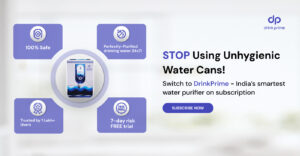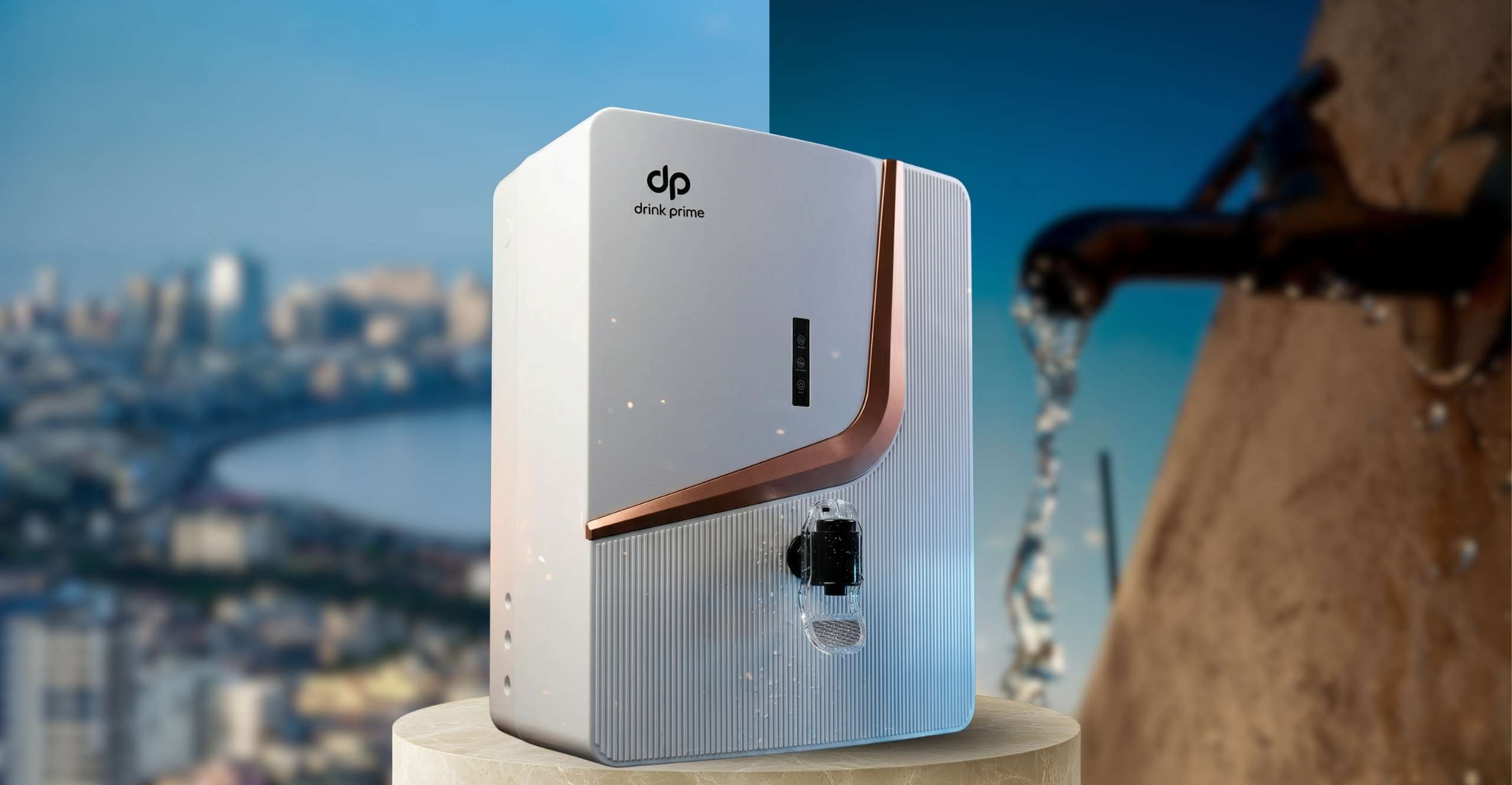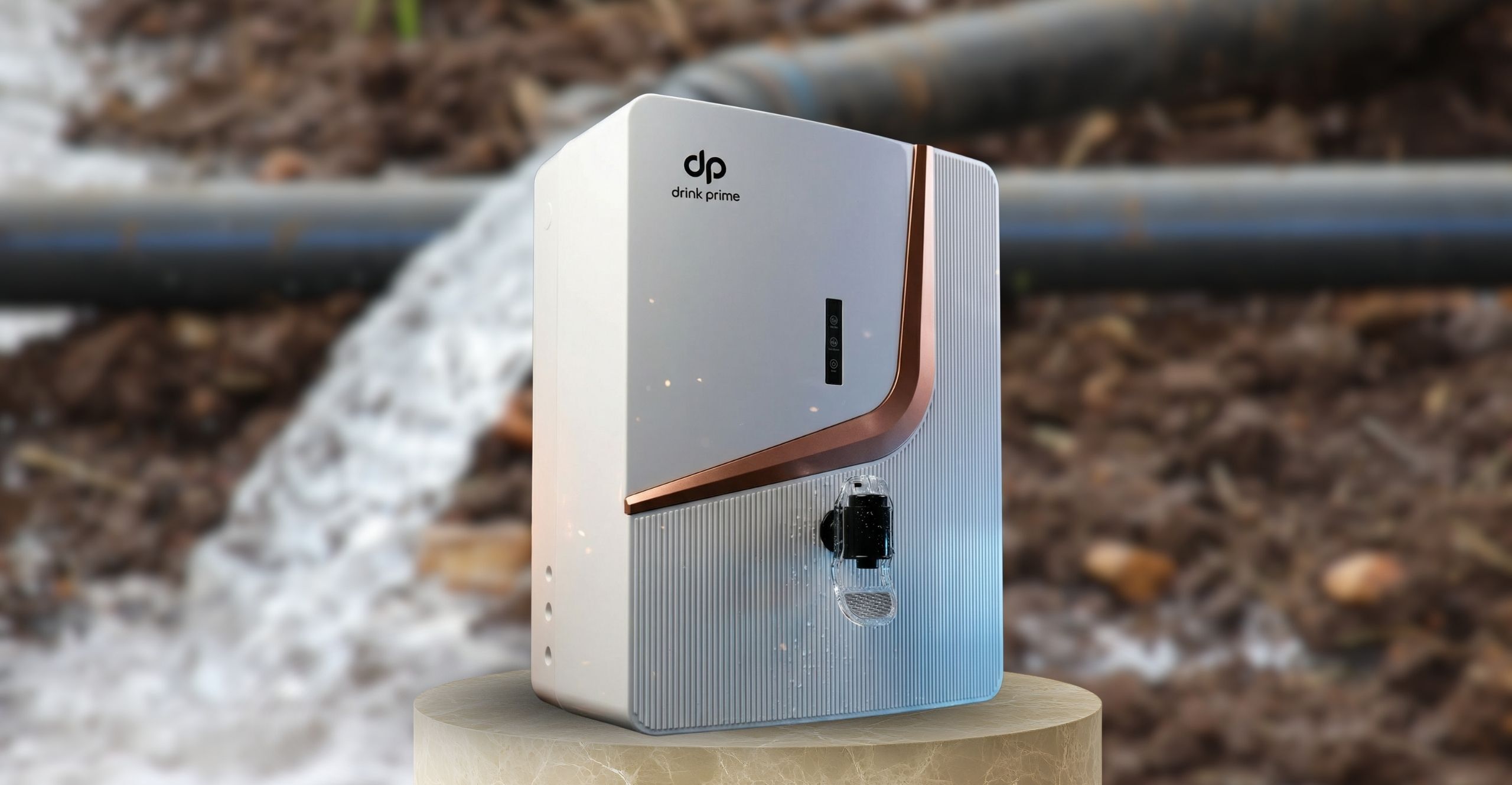Drinking water is one of the significant issues in India. The poor tap water quality and the unavailability of safe drinking water mushroomed the demand for a 20-litre plastic water jar in the last few decades.
There are a large number of people in urban India depend on 20-litre bulk packages for household usage. As 20-litre water can is easily available, people find it easy to order from their local supermarkets.
The question, however, is;
- How do you know the assurance and trust given by the supplier are worthy?
- How do you find the source of these plastic 20-litre jars is safe and drinkable without any dither?
With the water contamination rising at an alarming level, it’s time to be aware of the quality of water that you use. Though many people have switched to water purifiers, there are a large number of people who still get water-can for their daily consumption purposes. If you too depend on 20-liter water-can read the article to find out why 20-litre plastic water-jar is not as perfect as it seems at first glance.
The storehouse of Toxins

The 20-litre water that you buy so confidently has a lot of toxins that do more harm than good. These bottles are made of (PET) Polyethylene Terephthalate which starts leaving harmful residue in the water after a few cycles of use. It is only safe to use until the tenth reuse.
Most times, there are no proper measures to track the number of reuse cycles, and the suppliers keep on reusing the bottles until the bottles are scratched or leaking.
Unknown Source of Water

Another reason to avoid a 20-litre water jar is because of its unknown source. The suppliers who provide you water jar don’t follow the standards of cleanliness as recommended.
As per FSSAI, as many as 75% of the packaging units, owned by various firms, are said to be operating without an FSSAI license.
The truth is most 20-litre water cans that are bought come from a tap water source that is unsafe. Some are filled under unhygienic conditions which can lead to the spread of water-borne diseases.
A Paradise for Bacteria

20-litre water can service providers do not always have a perfect track record. The water used to fill these cans is typically stored in large tanks which may not get cleaned regularly.
Another concerning fact is that the is stored in plastic cans. Most shops stock these plastic cans in areas exposed to direct sunlight and dust particles.
These water cans are transported in open trucks exposing them to dust, sunlight. They are also frequently mishandled, thereby increasing the chance of bacterial growth inside and outside the bottles.
Environmental Hazard

The use of plastic cans increases the environmental burden. Numerous published studies suggest that the rampant use of plastic which ends up in landfills, is one of the primary causes of climate change, forming a substantial threat to marine life.
Burns a Hole in your Pocket

The fact is that the cost of water cans vary based on the brand you choose. This can fall somewhere between Rs.500 to Rs.900 per month. Translating into Rs.6000-Rs.12000 per year for questionable drinking water.
Finding a Safe and Smarter Alternative
Considering the harmful effects of using 20-litre water can, it is necessary to look for a safe and pocket-friendly alternative.

DrinkPrime is a monthly subscription-based water purifier for your home.The smart subscription plans start as low as Rs. 333*. You can choose the best plan for you depending on the size and water consumption habits of you and your family.
The DrinkPrime purifier comes with an IoT integration that helps monitor the quality of its filters and components in real-time. This allows for efficient management of scheduled services and a proactive commitment to ensuring pure and safe drinking water. The DrinkPrime water purifier not only provides you with clean and safe drinking water but is also easy on your pocket.
Get 7 Days Risk Free Trial
Conclusion
In households and offices across the country, people still prefer using 20-litre drinking water cans. What most people don’t realize is that using these plastic cans for everyday consumption is detrimental to their health. Installing a water purifier in your home is the best solution to ensure you get safe drinking water.




